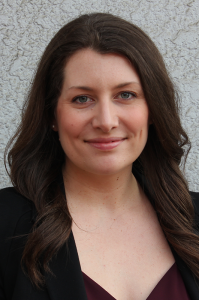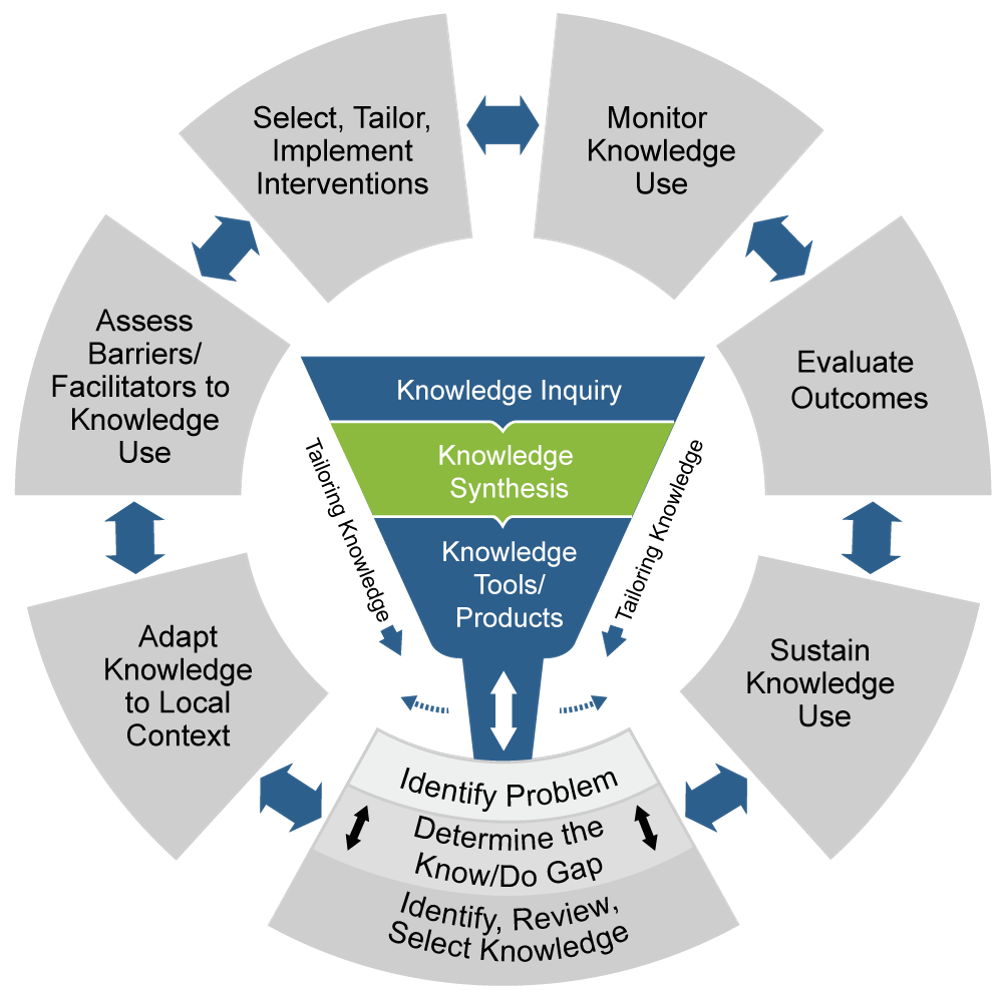The global spread of COVID-19 since January 2020 has precipitated a rush of novel COVID-19 research. This flood of research has, however, been accompanied by a tide of false information. On March 18th, the WHO warned against the use of ibuprofen to treat COVID-19 due to fears that anti-inflammatory drugs could worsen the effects of COVID-19. This proved not to be the case. While the WHO retracted their recommendation a few days later, significant confusion and trepidation remained about prescribing anti-inflammatories. More recently, hype around the use of hydroxychloroquine in the treatment of COVID-19 came to a halt when UK researchers reported that there was no benefit from the drug to COVID-19 patients.
These cases demonstrate the dangers of improper or inadequate knowledge translation in the context of COVID-19. But what is knowledge translation? And what role can it play in combatting COVID-19?

CHÉOS Scientist Dr. Sarah Munro recently presented an online webinar entitled, How to do Knowledge Translation in a Pandemic. Hosted by the Michael Smith Foundation for Health Research (MSFHR) and Arthritis Research Canada, Dr. Munro outlined the importance of knowledge translation as a public health measure in the response to COVID-19. Dr. Munro describes knowledge translation as the “dissemination and exchange of information and tools to specific audiences to increase knowledge and change behavior.” She emphasizes how knowledge translators must work with the community to develop tools that are accessible, useable, and appropriate for their intended audience, be they the public, policy makers, or medical professionals. This process is called Integrated Knowledge Translation, whereby partners and stakeholders are included in knowledge translation activities from the outset, ideally with an eye towards equity, diversity, and inclusion.
Dr. Munro also emphasizes the changing nature of knowledge translation during the COVID-19 pandemic. Audiences are spending increasing amounts of time online, limiting in-person knowledge exchange, while the siloed nature of the internet has affected equitable accessibility to information. Instead, Dr. Munro explains that “we must choose the right method at the right time in the right context.” For example, through an ongoing collaboration with parents in Northern BC, Dr. Munro learned the importance of downloadable content for this population, since internet connections are not always reliable in rural areas. Other digital tools include online information repositories, social media abstracts, op-eds, infographics or short videos.
But it’s more than picking the right methods of knowledge translation. Knowledge translators must ground their activities, she says, in the Knowledge-to-Action Cycle, a framework supported by CIHR and the WHO. Before embarking on knowledge translation activities, the framework encourages us to first identify the problem, determine the knowledge gap, assess barriers to access, and adapt knowledge to the local context.

She presented her own experience with the knowledge-to-action cycle, particularly her ongoing collaboration with the makers of Let Them Eat Dirt, a documentary film on the importance of microbes in child development. Dr. Munro conducted interviews with parents to determine best practices for disseminating documentary films, and helped the filmmakers to develop ‘bite sized’ online clips suitable for this busy, internet-engaged demographic. She found that parents prefer story-driven, visual media divided into 2 to 5-minute chapters. The film’s marketing was also tailored to parents, who typically encounter media passively on social media. Dr. Munro is also working with PhD student, Kate Wahl, to investigate the role of narrative-driven knowledge translation in the context of COVID-19.

Since 2016, CHÉOS has offered a Knowledge Translation Program that works with scientists to translate research to better inform patients, practitioners and policy makers about the most up-to-date health science. Headed by Dr. Amy Salmon, the Knowledge Translation Program works in partnership with health care decision-makers, program planners and administrators, clinicians, patients, and researchers to promote and enhance evidence-based policy and practice across all areas of the health system. The program has worked with various projects, including successes like better engagement with marginalized populations in health care and the Better Nights/Better Days project, which worked to create accessible tools to assist parents in monitoring their children’s sleeping patterns. Overall, the program aims to help researchers produce knowledge translation tools and assess the success of various research programs to ensure they remain relevant and inclusive of their target population.
COVID-19 provides a case study in up-to-the-minute knowledge translation. As scientists continue to research treatments for the disease, it is imperative that the outcomes of their research are properly communicated to the public. If done well, knowledge translation can save lives. If done improperly, it can lead to confusion, negative health outcomes, and mistrust in health science. In an era where information is shared so rapidly, a renewed focus on high-quality knowledge translation is one of the strongest tools for fighting COVID-19 across the globe.



